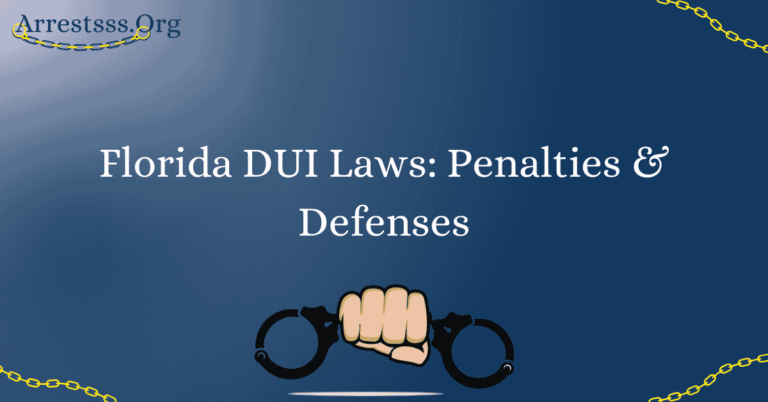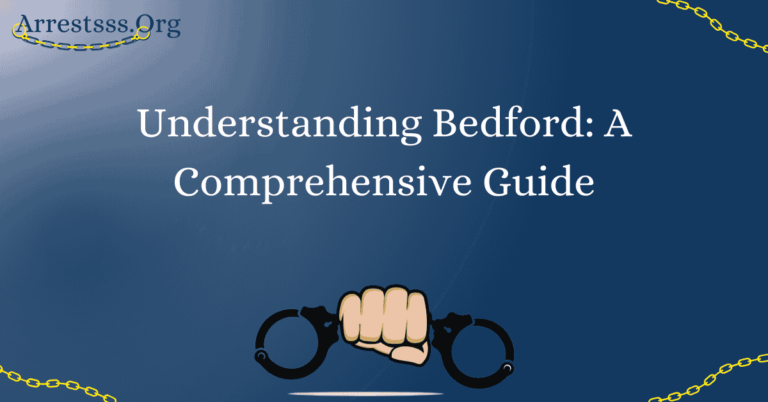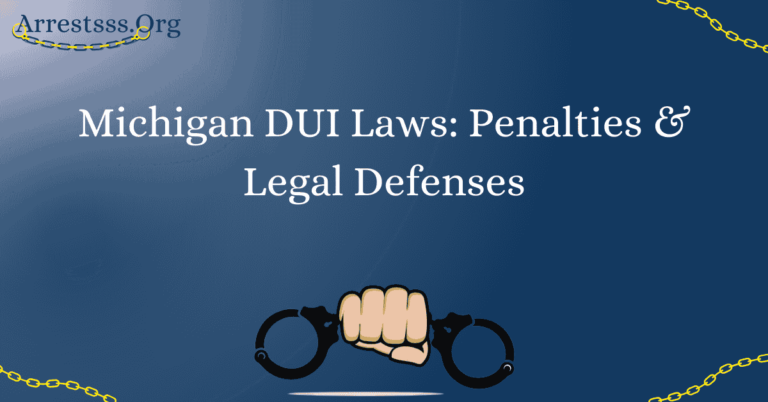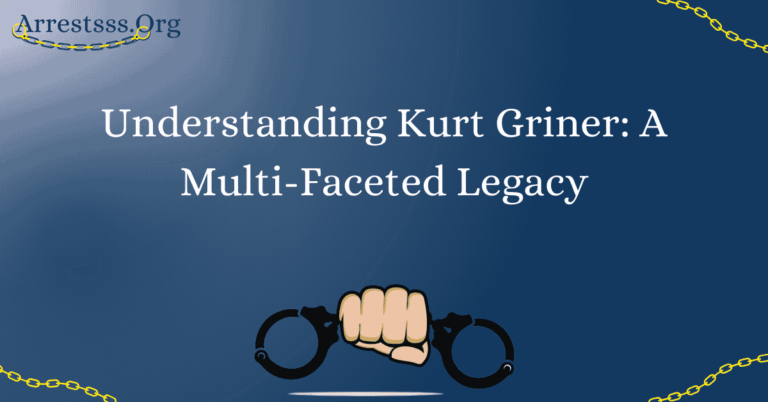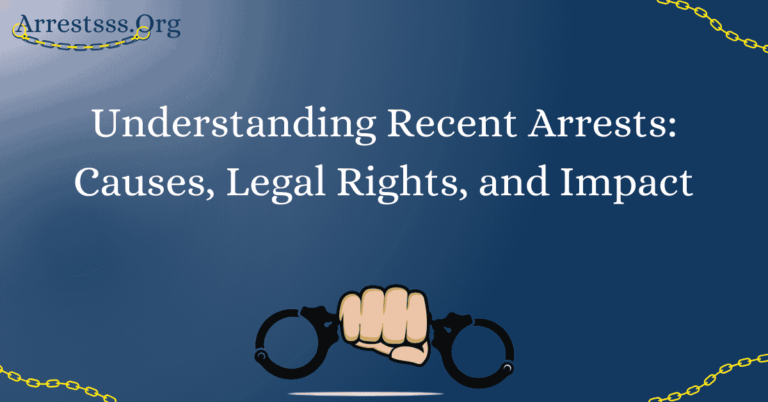Iowa Expungement Process: Clearing Criminal Records
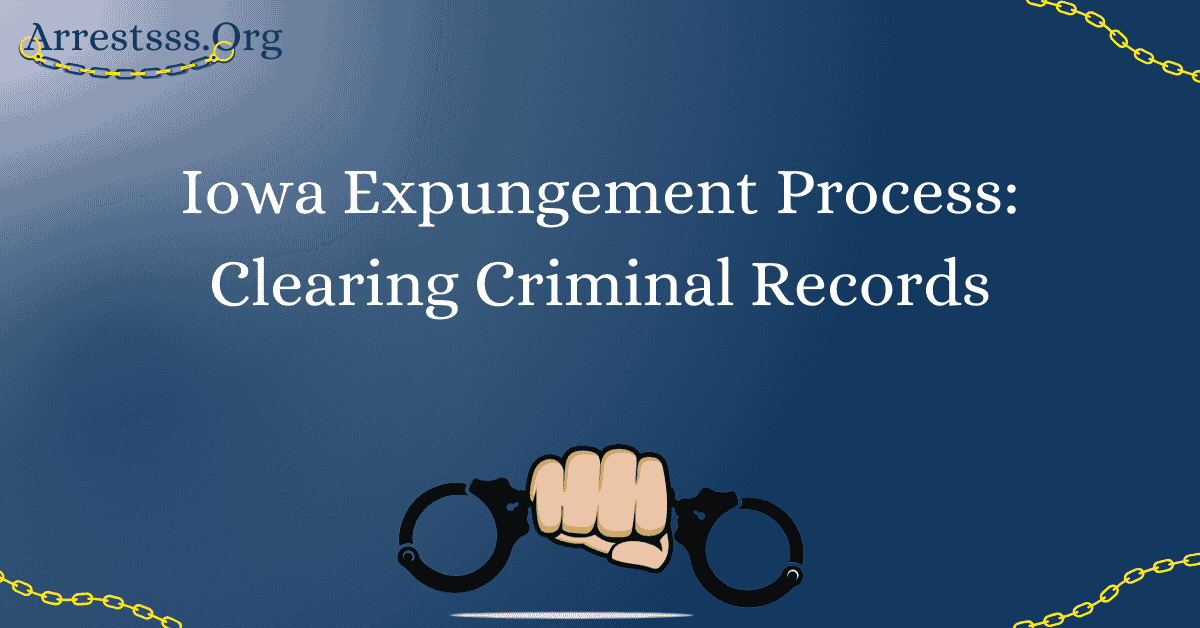
If you or someone you know has a criminal record in Iowa, you may be curious about the process of expungement. Criminal record expungement can provide individuals with a fresh start and the opportunity to move past their past mistakes. In this comprehensive guide, we will delve into the Iowa Criminal Record Expungement Process, providing you with valuable insights and information to understand the steps involved.
Expungement Process in Iowa
Before diving into the intricacies of the Iowa Criminal Record Expungement Process, it’s crucial to grasp the fundamental concepts and reasons behind expungement. Expungement, in its essence, is the legal process of erasing or sealing a criminal record, making it inaccessible to the general public. This means that once your record is expunged, it should no longer appear in background checks or public records searches.
Eligibility Criteria for Expungement
To be eligible for expungement in Iowa, certain criteria must be met. These criteria typically include the following:
- Completion of Sentence: You must have completed all aspects of your sentence, including probation, parole, or incarceration.
- Time Since Conviction: There is often a waiting period before you can apply for expungement. The duration varies depending on the nature of the offense.
- Type of Conviction: Certain offenses, such as sex crimes and some violent offenses, may not be eligible for expungement.
- Subsequent Offenses: Your eligibility may be affected if you have subsequent convictions on your record.
- Restitution and Fines: Any outstanding fines or restitution must be paid in full before you can apply for expungement.
The Expungement Process in Iowa
The expungement process in Iowa involves several steps, which generally include:
- Obtain Your Criminal Record: You must obtain a copy of your criminal record to understand the details of your convictions.
- Determine Eligibility: Assess whether you meet the eligibility criteria for expungement.
- File a Petition: Prepare and file a formal petition for expungement with the appropriate court.
- Court Review: The court will review your petition and may schedule a hearing.
- Notification: If the expungement is granted, the court will notify relevant agencies to seal or expunge your record.
- Update Background Checks: It may take some time for your expunged record to be removed from background checks and public records.
Benefits of Expunging Your Criminal Record
Expunging your criminal record in Iowa can offer several significant benefits, including:
- Improved Employment Opportunities: Many employers conduct background checks, and a clean record can make you a more attractive candidate.
- Enhanced Housing Prospects: Landlords often screen tenants, and a clear record can make it easier to secure housing.
- Restoration of Civil Rights: Some rights, such as the right to vote and possess firearms, may be restored after expungement.
- Peace of Mind: The emotional and psychological relief of having a clean slate can be invaluable.
Potential Challenges and Considerations
While expungement can be a game-changer, there are potential challenges and considerations to keep in mind, such as:
- Complexity of the Process: The legal process can be intricate, and navigating it successfully may require legal assistance.
- Case-Specific Factors: Eligibility and success may vary depending on the specific details of your case.
- Public vs. Private Records: Expunging your record may not remove it from all databases, as some private companies collect and sell criminal record information.
- Expungement Costs: There may be fees associated with the expungement process.
- Lengthy Timelines: The process can take several months, and results may not be immediate.
Working with an Attorney for Expungement
Engaging the services of an experienced attorney can significantly increase your chances of a successful expungement. An attorney can:
- Assess Your Eligibility: They will evaluate your case to determine if you meet the criteria for expungement.
- Prepare and File Petitions: Attorneys are skilled in preparing the necessary legal documents and filing them correctly.
- Navigate the Legal Process: They will guide you through the legal process, including any required court appearances.
- Advocate on Your Behalf: If a hearing is necessary, an attorney can represent you and advocate for your expungement.
- Maximize Your Chances: Attorneys understand the nuances of the law and can work to maximize your chances of a successful outcome.
FAQ’s
How long does it take to expunge a criminal record in Iowa?
The expungement process timeline in Iowa can vary based on individual circumstances and court caseloads. Typically, it takes several months from the initial filing of your expungement petition to the final resolution. It’s important to note that factors such as the complexity of your case and the specific court’s processing speed can influence the duration. It’s advisable to consult with an attorney to get a more accurate estimate for your situation.
Can I expunge a felony conviction in Iowa?
Yes, it is possible to expunge a felony conviction in Iowa, but it’s essential to understand that eligibility criteria and waiting periods may apply. Felonies can be expunged, but the specifics of your case, including the type of felony and your post-conviction behavior, will play a significant role in determining eligibility. Consulting with an experienced attorney who specializes in expungement cases is highly recommended to navigate this process successfully.
Will my expunged record still show up on federal background checks?
Expungement in Iowa typically results in the removal of your criminal record from most standard background checks. However, it’s important to be aware that some federal agencies or databases may still have access to expunged records for specific purposes, particularly in cases involving national security or sensitive positions. In general, for most employment and housing-related checks, an expunged record should not appear.
Are there any restrictions on expunged records in Iowa?
When a record is expunged in Iowa, it is generally sealed from public view, which means that it should not be accessible to the general public or appear on routine background checks. However, it’s worth noting that certain entities, such as law enforcement agencies and courts, may still retain access to expunged records for law enforcement purposes or legal proceedings. Expungement essentially limits public visibility but may not entirely erase records from all contexts.
Can I apply for expungement if I have multiple convictions on my record?
Yes, it is possible to apply for expungement in Iowa even if you have multiple convictions on your record. However, having multiple convictions can complicate your eligibility, as the court will consider the nature and timing of these convictions when reviewing your expungement petition. The specific details of your case, including the type of offenses and their severity, will play a crucial role in determining whether you meet the eligibility criteria. Consulting with a knowledgeable attorney is essential to assess your unique situation and explore your expungement options.


